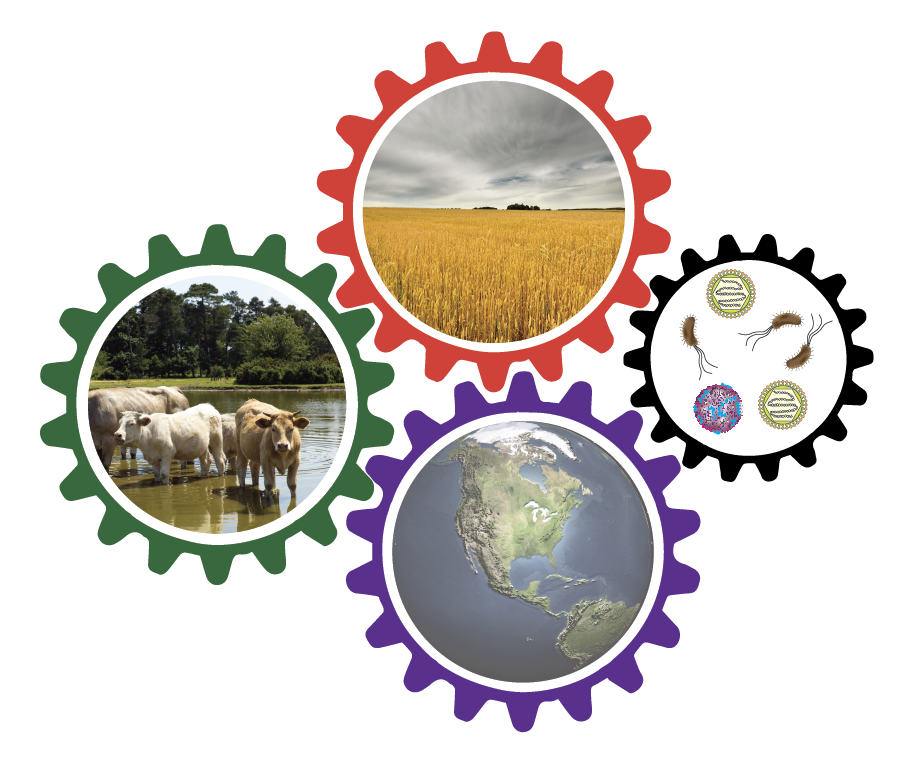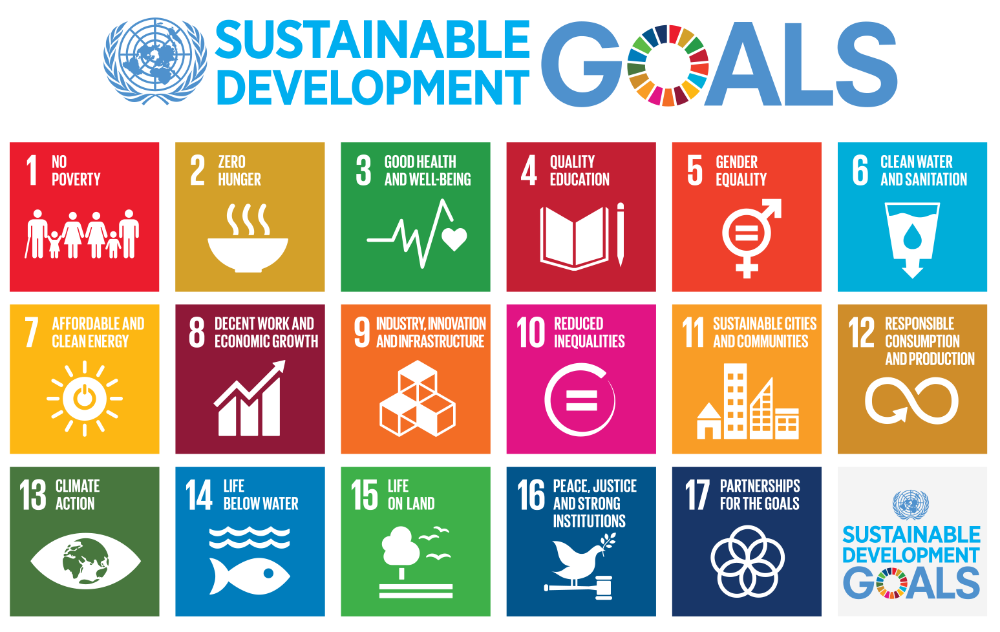Sustainable Crop-Livestock Initiative
 |
IntroductionDemands on the agriculture sector are steadily increasing as the global human population continues to grow. To meet these demands the capacity of natural systems to produce food is being pushed beyond the limits of sustainability. The demand on agriculture and stress on ecosystems is further exacerbated by inefficiencies and losses along the food chain and the negative environmental impacts of human agricultural activity. Smart approaches to mixed crop and livestock systems (crop-livestock systems in the broad sense) offer opportunities for sustainable food production. However, knowledge is still lacking on the best approaches to maximize the effectiveness and efficiency of these systems, to monitor their performance, and to ensure that new technologies and approaches are adopted. Therefore scientific knowledge is urgently needed for guidance and to drive policy development and implementation for sustainable crop-livestock systems. Owing to the enormity of the problem and the complexity of the solutions (which require a multidisciplinary systems-based approach) research leaders must understand how to connect their science to the big picture. Collectively, K-State has the expertise, experience, culture of multidisciplinary working, and the federal and industry partnerships to address some of the biggest challenges facing the development and implementation of science-based policies for sustainable crop-livestock systems. |
 |
Aligning with the UN Sustainable Development GoalsTo ensure that this initiative is aligned with the priorities of international organizations and governments around the globe, the UN Sustainable Development Goals have been used as a model for establishing the Sustainable Crop-Livestock Initiative. |
Addressing the Needs at K-StateRecognizing the potential K-State has to contribute toward these goals, on 9 January 2017 faculty from the colleges of agriculture, engineering and veterinary medicine convened with a professional facilitator and experts from the World Bank/Food and Agricultural Organization (FAO) and USAID Sustainable Innovation Lab for Livestock (University of Florida) to discuss the broad scientific needs and to identify areas of work which would improve the contribution of crop-livestock systems to sustainable food delivery. Read more about the outputs from the January 9 meeting. |
Proposed Next Steps for K-State
Objectives: To engage, maintain and further develop a guiding coalition (network) on sustainable crop-livestock systems, and to steer K-State towards recognition as a national leader in the delivery and adoption of science and technology which improves the sustainability of crop-livestock systems.
Research: Review the list of research project ideas that was developed during the 9 January summit, identify a selection of projects which could be further elaborated, proactively seek and secure funding, and then implement.
Metrics for sustainable crop-livestock systems: Host a training session for K-State faculty on metrics for sustainable agriculture (reviewing work already done in this area) with a view to developing metrics specific to the sustainability of crop-livestock systems.
USAID RFPs Niger and Burkina Faso: Gather a group of interested faculty with relevant experience to respond to the forthcoming USAID request for proposals (RFP) on (animal) feed safety in Niger and Burkina Faso.
Steering Group: form a steering group from senior and junior faculty across the colleges of agriculture, engineering, veterinary medicine, and social sciences to provide strategic direction to K-State’s initiative to address sustainable crop-livestock systems.
Listerv (interest group) - establish a K-State listserv for faculty interested in sustainable crop-livestock systems and circulate information and funding opportunities to that list.
International Symposium on Sustainable Crop-Livestock Systems, 2018: based on outputs of discussions during the 9 January sustainable crop-livestock summit, organize and host an international symposium at K-State on sustainable crop-livestock systems. Activities include - establishing an organizing and a scientific committee; approaching donors/securing funding; developing objectives and agenda; identifying speakers. Outputs would include a review of current science; research gaps; and a way forward.
Regular’ Brown Bag’ seminars: Facilitate multidisciplinary exchanges for stakeholders and K-State students and faculty, through Brown Bag Seminars, on topics relating to sustainable crop-livestock systems.
Resource Toolbox
Please find additional presentations, interviews and reading material that K-State faculty have used to support and promote this initiative.
Radio Interview with Pierre Gerber
While at Kansas State University, Pierre Gerber from the Food and Agricultural Organization discussed various issues of sustainable crop-livestock systems and the perspectives of an international organization in relation to sustainable agriculture with local K-State Research and Extension radio host Richard Baker. Listen to the full interview.
Expert Presentations
Some further reading can be found at:
http://www.fao.org/3/i3437e.pdf
http://www.worldbank.org/en/topic/agriculture/brief/promote-environmentally-sustainable-agriculture
http://www.livestockdialogue.org/
If you have any queries please do not hesitate to contact Keith Hamilton, Nina Lilja, Gary Pierzynski, or Rachel Reichenberger.